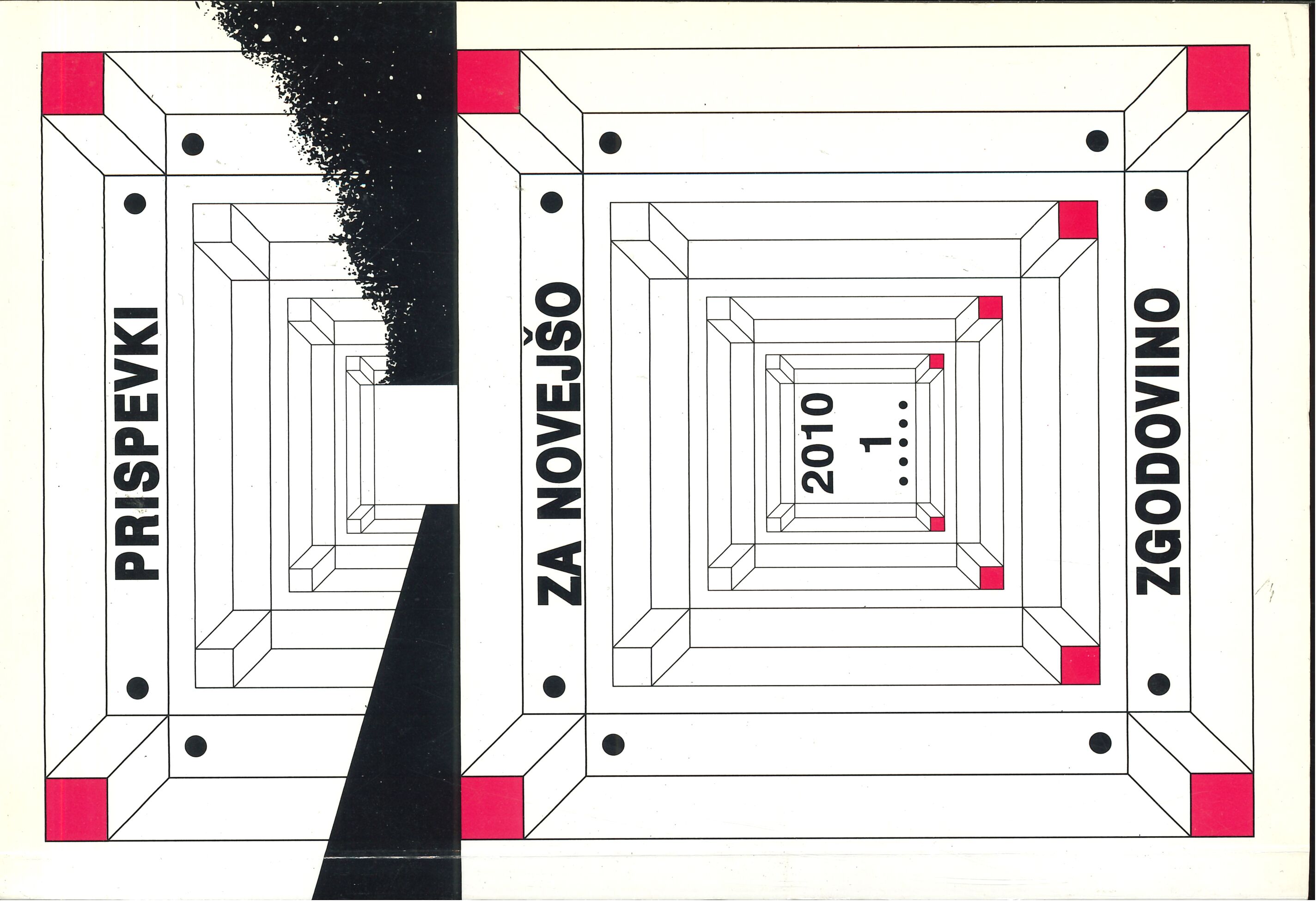Nationalisation of Jewish Companies, Companies With Jewish Participation in Capital and Companies with Jewish Management Staff in Slovenia after World War II
Keywords:
Slovenia, Slovenian economy after World War II, Jews, , nationalzation, expropriation, compansate, juridicallyAbstract
For the politics that took over the power in Slovenia in 1945 as well as for the majority of Slovenians, Jews were synonymous with wealthy bankers and factory owners who had been getting rich on account of the ruthless exploitation of workers and farmers. However, communists did not nationalise their property because of its origin, but due to the fact that they were the representatives of private capital and owners of industrial companies, envisioned as the foundation for the priority industrialisation of the state. One of the decisive reasons for the expropriation of these Jews after World War II was the fact that their companies had been involved in the Nazi wartime economy, that most of them had not actively participated in the resistance against the occupiers, and that their ancestors, nationality, as well as citizenship had been German. That was a terrible sin and aggravating circumstance, not only in Yugoslavia of that time but also in the other countries of the victorious coalition. The authorities did not resort to any special regulations, procedures or measures for the nationalisation of the Jewish property.
Downloads
Published
Issue
Section
License
Authors who publish with this journal agree to the following terms:
- Authors retain copyright and grant the journal right of first publication with the work simultaneously licensed under a Creative Commons Attribution License that allows others to share the work with an acknowledgement of the work's authorship and initial publication in this journal.
- Authors are able to enter into separate, additional contractual arrangements for the non-exclusive distribution of the journal's published version of the work (e.g., post it to an institutional repository or publish it in a book), with an acknowledgement of its initial publication in this journal.
- Authors are permitted and encouraged to post their work online (e.g., in institutional repositories or on their website) prior to and during the submission process, as it can lead to productive exchanges, as well as earlier and greater citation of published work (See The Effect of Open Access).


